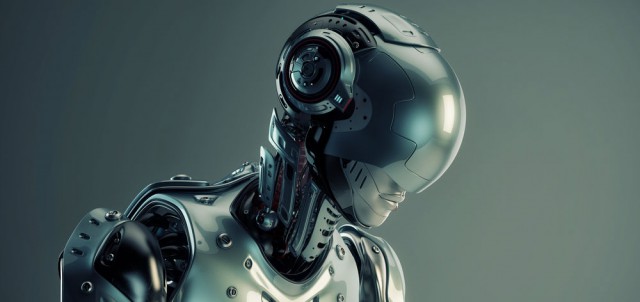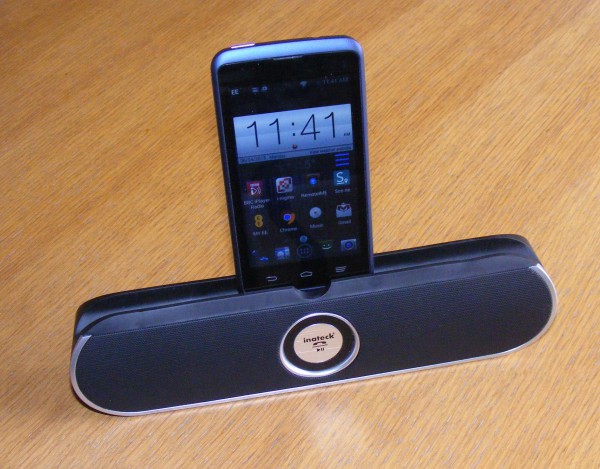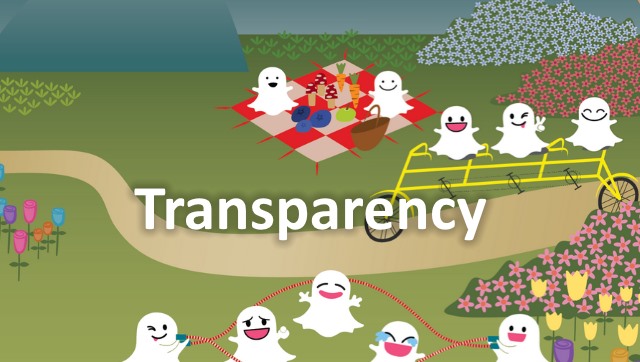
Why aren’t the politicians doing anything about it? Why aren’t we talking about it more? No it’s not immigration, the economy or terrorism. It’s bigger and, readers, you created it.
I am talking about the idea that within the next 20 years, half of all jobs on this planet will automated. Those with routine low skilled jobs will be the first to go followed by huge swathes of white collar workers. Yes, the robots are coming.
Whilst history has always shown that new technology replaces people, no one was quite ready for this bombshell. The guys who put this employment armageddon on the agenda were Oxford professors Carl Benedikt Frey and Michael A. Osborne.
Their paper The Future of Employment: How susceptible are jobs to computerisation? reports on their academic evaluation of susceptible jobs.
"Our model predicts that most workers in transportation and logistics occupations, together with the bulk of office and administrative support workers, and labour in production occupations, are at risk".
Is this really likely? Can robots really take on these roles? Well, we would never have thought a few decades ago that a computer could guide us through the streets of a strange city, yet satellite navigation is now commonplace in our cars and phones. Who would have thought that WiFi would have had such a profound impact on work and where it’s done? A report by Aruba Networks, points out just how fast traditional working models are changing.
It says that 72 percent of British people now believe they work more efficiently at home, and that 63 percent need a WiFi network to complete their tasks -- not bad for a technology that was barely standardized 10 years ago.
Chinese company Hon Hai, the world’s largest contract electronics manufacturer, has announced it intends to build a robot-making factory and replace 500,000 workers with robots over the next three years.
As for my business, blur Group, the online business services marketplace -- we had no idea five years ago quite how quickly we could retrain businesses to buy services like law, accountancy and market on-line. Now they can’t get enough and are totally unphased about doing business with complete strangers from the other side of the world who they may never meet.
Author and documentary-maker James Barrat is a worried man. So fearful of the future that he has written a book warning of the rise of the robot, Our Final Invention: Artificial Intelligence and the End of the Human Era.
He told the BBC: "Advanced AI is a dual-use technology, like nuclear fission. Fission can illuminate cities or incinerate them. At advanced levels, AI will be even more volatile and dangerous than fission, and it’s already being weaponized in autonomous drones and battlefield robots".
"More than any other science it forces us to probe ourselves -- what are these things we call intelligence, conscience, emotion? But in looking inward we better see our own predilection for irrational violence and technological recklessness. Our innovation always runs far ahead of our stewardship", he said.
As for me, my views on automation are not so bleak. In wiping out millions of dull jobs, it will create new ones in exclusively human tasks like coming up with ideas. Yes, it will involve a huge amount of retraining and some radical changes in the distribution of wealth, but life with the robots may not be so bad. We have already reprogrammed our minds to prefer robots to humans in many situations.
I would rather extract my money from an ATM than queue in a bank and I would rather book a hotel online than ring up some surly booking clerk. Meanwhile, I must get back to automating the very human cognitive task of service provider selection. We have already taken the human hand out of the long list selection, but are not working on how our machines can automatically choose the perfect supplier.
Published under license from ITProPortal.com, a Net Communities Ltd Publication. All rights reserved.
Photo Credit: Ociacia / Shutterstock













